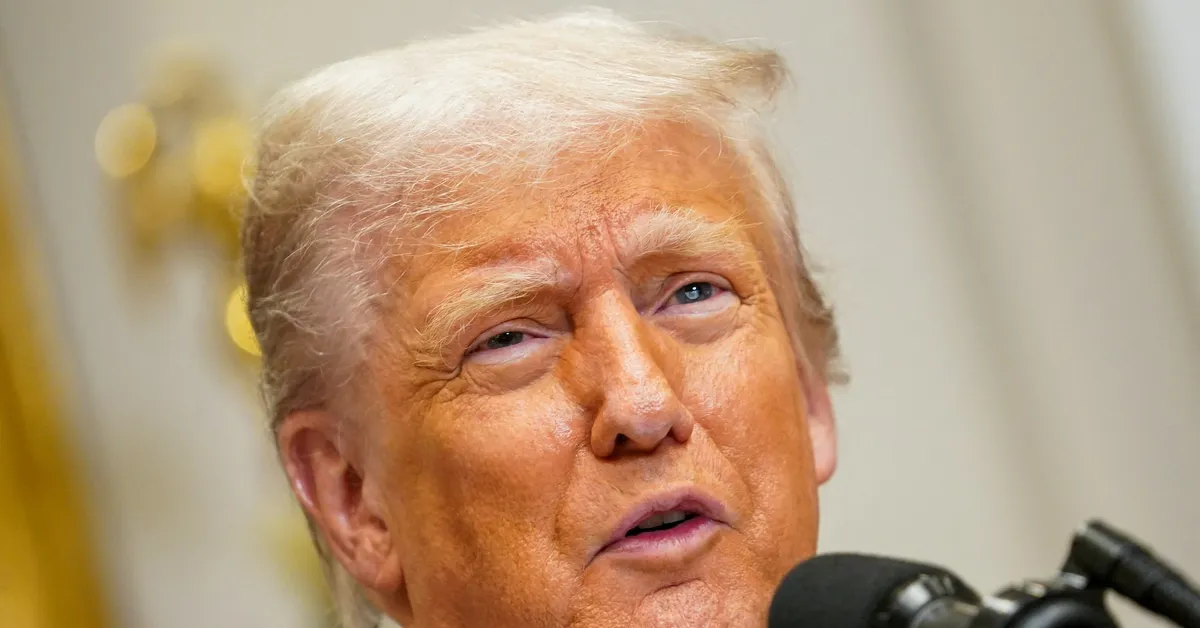
The United States has officially accepted a 747 jetliner from Qatar, with the Pentagon announcing plans to upgrade it for use as the new Air Force One. This significant decision, made public on May 21, involves the acceptance of the $400 million Boeing-made aircraft, which will serve as the official plane for U.S. President Donald Trump.
Secretary of Defense Pete Hegseth confirmed the acceptance of the aircraft, emphasizing its role in supporting presidential travel. According to Pentagon spokesperson Sean Parnell, the Defense Department will prioritize the implementation of security measures and ensure that the jet meets essential functional and mission requirements.
The transfer of the jetliner has not been without controversy. Legal experts have raised questions about the implications of foreign government gifts and their potential to influence U.S. policy, particularly concerning laws designed to combat corruption. Additionally, some Democratic lawmakers have moved to block the handover, citing ethical concerns regarding the acceptance of such a valuable gift.
In response to the concerns surrounding the aircraft deal, Qatar has dismissed the apprehensions, asserting the legitimacy of the transaction. President Trump has also downplayed the ethical issues, stating it would be "stupid" not to accept the jet, reflecting his administration's approach to international relationships and military support.
Experts indicate that retrofitting the luxurious aircraft, which has been offered by Qatar's royal family, will involve substantial security upgrades and enhancements to communication systems. These improvements are vital to protect against potential espionage and to ensure the plane can defend against incoming missiles. The projected costs for these upgrades could amount to hundreds of millions of dollars, raising further questions about the financial implications of the deal.
The Air Force One program has faced significant delays over the past decade. The delivery of two new 747-8 jets, originally scheduled for 2024, has now been pushed back to 2027, three years later than previously planned. In 2018, Boeing was awarded a $3.9 billion contract to construct these aircraft, but costs have escalated, resulting in $2.4 billion in charges associated with the project.
This recent development raises important questions about the future of presidential travel and the implications of accepting foreign gifts, particularly in the realm of national security and diplomacy. As the Pentagon moves forward with plans to upgrade the 747, the focus will undoubtedly remain on ensuring the safety and integrity of the aircraft as it serves the President of the United States.